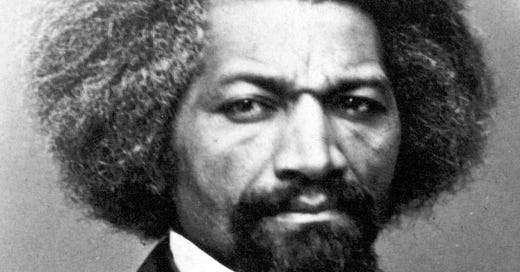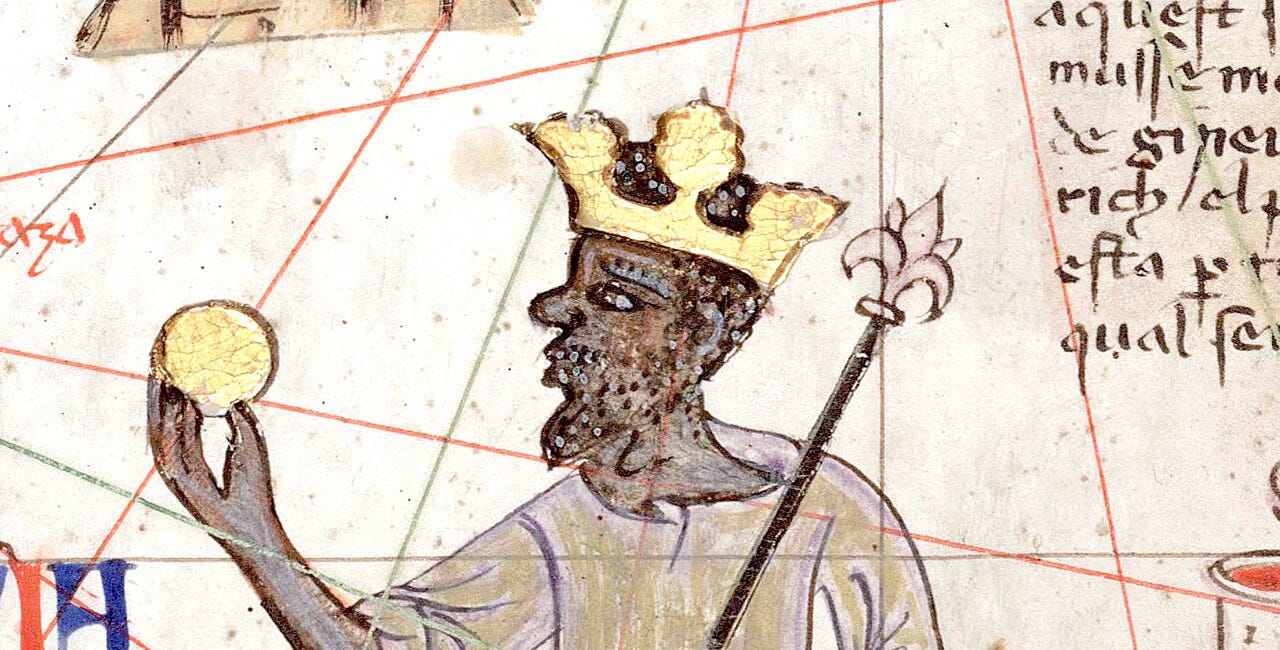Psychological liberation
Review of Narrative of the Life of Frederick Douglass: An American Slave by Frederick Douglass
This is memoir of the growth of an individual from the most brutish of slave lives to a free man who took pride in his work and his mind. While told as a narrative, the book is actually an essay on personal struggle and psychological development: to respect himself, to change his circumstances, to be re-born. At that, it is extremely powerful and moving. The reader empathizes completely with his rage, his striving to grow, and his awakening. He came to the point where he would rather fight back than die slowly and swore never to be dominated in his spirit.
But it also points to the effect of slavery on the owners. While there are the standard cruel and selfish ones, who were attempting to "break" his spirit in order to domesticate him, the story of how it twisted the souls of essentially good people that is the most interesting and shocking. It affected them like a sickness, in which their total and irresponsible power extinguished their empathy and replaced it with the most horrible selfishness, as they debased themselves through cruelty. You get the whippings and routine humiliations, but also how it boomerangs back on the perpetrators, stripping layers of humanity from them.
There are also many interesting asides, which are often philosophical. He points out the hypocrisy of southern Christians, who make the cruelest, most self-righteous slavers, all while justifying their behavior by the Bible. He also recounts how he expected that the "refinement" of the southern gentleman and their leisure would be impossible in the North, where he pictured most workers to be as poor as the non-slave holding population in the South – but he discovers an entirely different kind of economic life, in which men worked and prospered and developed themselves even more than what he had observed in southern cities.
But the most important thing is his recounting of his inner journey, which was encouraged by his learning to read as a way to overcome the ignorance that made for "contented slaves." In disobedience, he met secretly with fellow slaves in a reading group, whom he came to love as brothers. It is extremely moving and beautiful.
There is so much food for thought on the human spirit as well as wonder at how the US has evolved. My son and I read this together when he was in high school.
Related reviews:
A uniquely compelling story of slavery and liberation
This is a remarkable document of an extraordinary life. Abducted at 11 somewhere in Nigeria, Equiano survives the middle passage, takes on a new identity and name, and thrives to the point of purchasing his own freedom. Throughout, the reader experiences every stage of his life, from the terror and uncertainty to the achievement of a career as a sailor…
A conservative and revolutionary
In 8th grade, we spent a half year reading this memoir. There were many incidents that I remember vividly, such as the patchwork shirt that was painful to break in, but overall it bored me. On re-reading it 55 years later, I see it as an important statement and political manifesto for a certain kind of conservatism, one that led directly to Martin Luthe…
Slave experience, faith, and thought, mostly by literary anecdote
In our political discourse, slavery is a minefield of stereotypes, tropes, and outright lies. The great value of this book is that it interprets slave life in the words of those who experienced and observed it firsthand. The result, in my opinion, is a wonderfully nuanced, largely qualitative portrait that digs more deeply into its reality than any othe…
Putting Africa at center stage
Howard W. French wishes to correct the impression, as popularly taught, that Africa was a backwater, an obstacle on the way to Asia, or was so underdeveloped that it was there to be exploited by Europeans. To do so, he sets out to prove that slavery was instrumental in the birth of “modernity”, a perspective that is slowly gaining recognition in academi…








